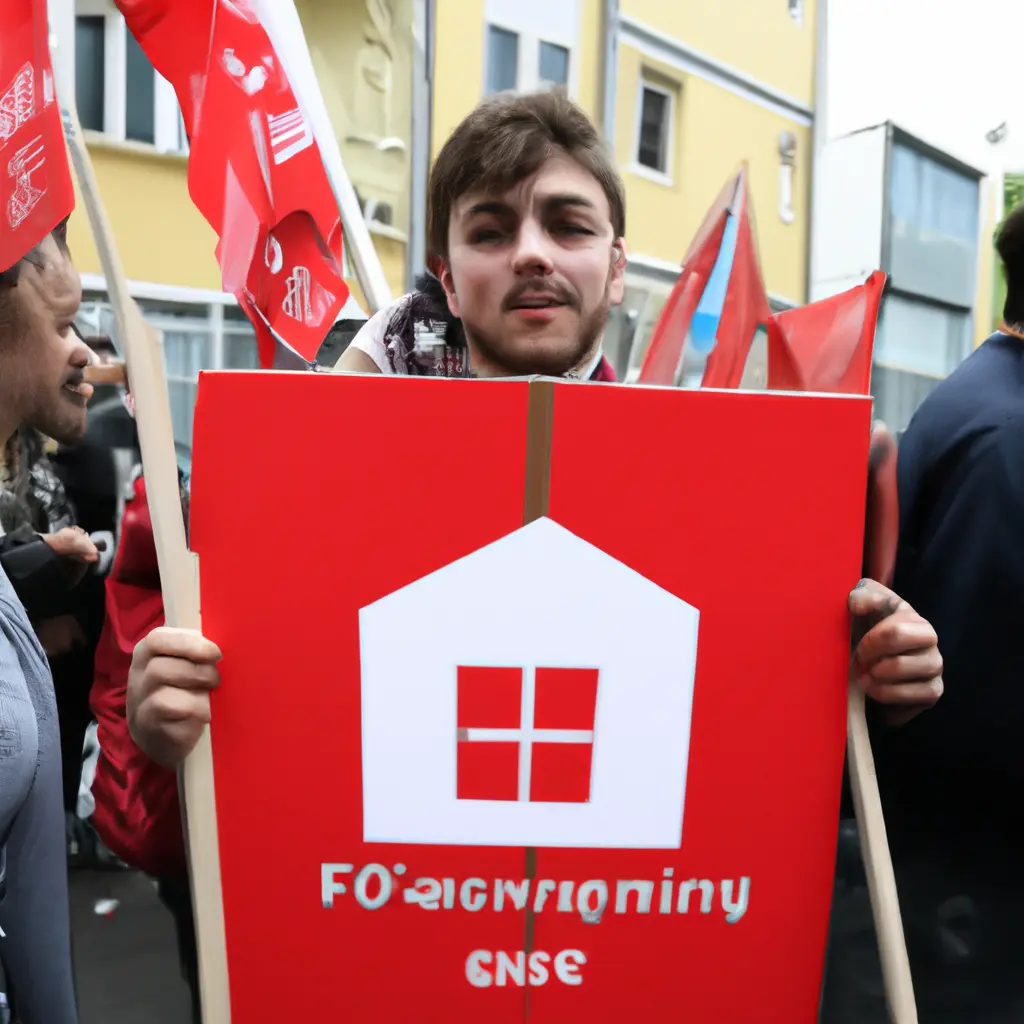In Europe, countries are reflecting on the housing crisis

Portugal:
In Portugal, ownership rates among young people have fallen by 50% in two generations. While 55% of those born between 1977 and 1986 owned a home by age 25, just a quarter of those born after 1997 were able to do so. This decline can be attributed to the real estate crisis, which has led to an 8.7% increase in home prices over the past decade. Despite Portugal's relatively high ownership rate of 70%, it is largely driven by older generations, leaving young people in a difficult position to buy a home. Citizens are demanding government measures such as financial assistance for young buyers, building more affordable housing and developing abandoned neighborhoods.
Turkey:
In Turkey, rent increases have become so steep over the past year that they have led to violence between landlords and tenants, with media reports of 11 deaths and 46 injured. Rents have risen by an average of 121% over the past year, and in major cities such as Ankara and Istanbul they have risen by 188%. This is due to various factors, including a cost of living crisis, high inflation and a flood of displaced people following the devastating earthquake that hit the country in February. The government has capped rent increases for households at 25% and aligned them with official inflation for businesses. But experts say these measures have only exacerbated tensions, and have led many landlords to use any means, including illegal ones, to evict tenants and find new ones willing to pay higher prices.
14 May 2025
14 May 2025
13 May 2025


Luxembourg:
Luxembourg residents may be among the wealthiest in the European Union, but the high cost of buying or renting a home in the country makes living there nearly impossible for some. Pascale Zaourou, a teacher and mother of three, had to wait five years to access coveted social housing. "On the private market, renting an apartment with two rooms costs at least 2,000 euros - it's difficult with one income," she told AFP at a recent rally in Luxembourg. "Affordable housing is a rarity, especially for young people and single parents," she said. Antoine Pacquou, a researcher at the Housing Observatory, which compiles data to shape government policy, confirmed this view. "More and more Luxembourgers are moving abroad to live in Germany, Belgium or France, simply because rent and real estate prices are lower there," he said. In the capital, new apartments are sold at 13,000 euros per square meter, while older apartments are priced at 10,700 euros. The average cost of a house is 1.5 million euros. Rents rose 6.7% from June 2022 to June 2023, much faster than the inflation rate of 3.4% over this period. The housing crisis has become a major issue in the upcoming legislative elections in Luxembourg. Both major political parties promise to take action to address the problem.
Comment
Popular Posts
Popular Offers

Subscribe to the newsletter from Hatamatata.com!
Subscribe to the newsletter from Hatamatata.com!
I agree to the processing of personal data and confidentiality rules of Hatamatata












